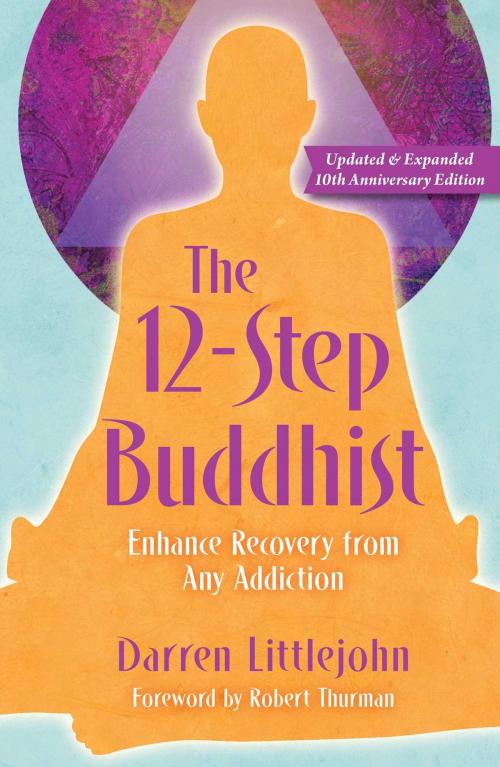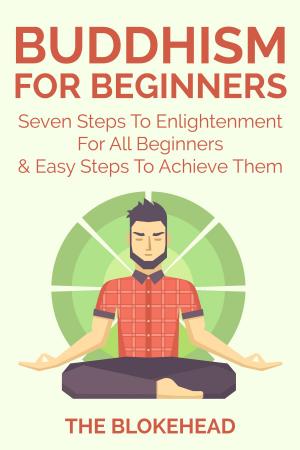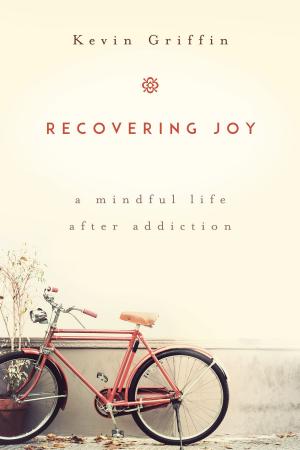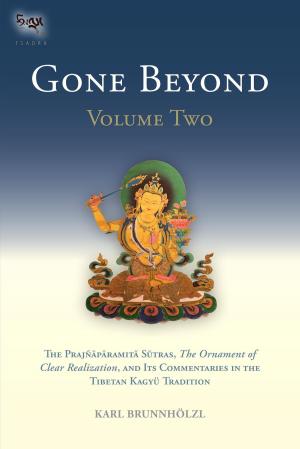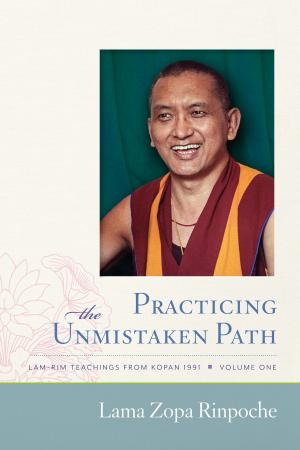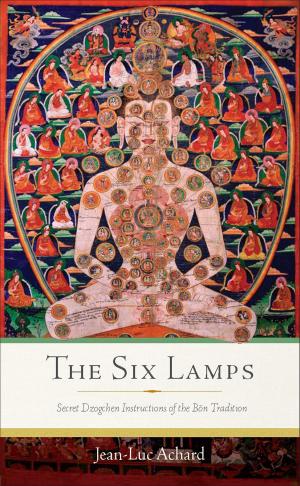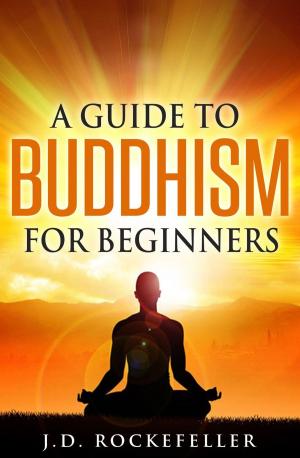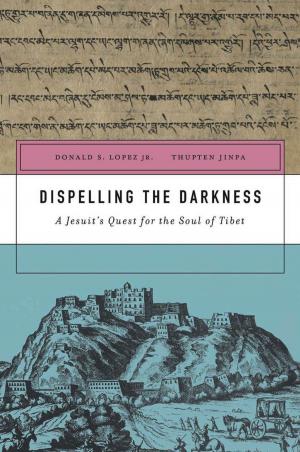The 12-Step Buddhist 10th Anniversary Edition
Nonfiction, Health & Well Being, Self Help, Addiction, Twelve-Step Programs, Substance Abuse, Religion & Spirituality, Eastern Religions, Buddhism| Author: | Darren Littlejohn | ISBN: | 9781982115722 |
| Publisher: | Atria Books/Beyond Words | Publication: | November 19, 2019 |
| Imprint: | Atria Books/Beyond Words | Language: | English |
| Author: | Darren Littlejohn |
| ISBN: | 9781982115722 |
| Publisher: | Atria Books/Beyond Words |
| Publication: | November 19, 2019 |
| Imprint: | Atria Books/Beyond Words |
| Language: | English |
**Rediscover the classic guide for recovery with this tenth anniversary edition “**that transcends genres by seamlessly integrating the 12-Step approach, Buddhist principles, and a compelling personal struggle with addiction and a quest for spiritual awakening” (Donald Altman, author of Living Kindness).
The face of addiction and alcoholism is recognizable to many—it may be a celebrity, a colleague, or even a loved one. And though the 12-step program by itself can often bring initial success, many addicts find themselves relapsing back into old ways and old patterns, or replacing one addiction with another.
Working with the traditional 12-step philosophy, Darren Littlejohn first shares his own journey, and how he came to find the spiritual solace that has greatly enhanced his life in recovery. Then, he details out how his work integrating Buddhism into the traditional 12-step programs validates both aspects of the recovery process. With accessible prose and in-depth research, he illustrates how each step—such as admitting there is a problem, seeking help, engaging in a thorough self-examination, making amends for harm done, and helping other addicts who want to recover—fits into the Bodhisattva path. This integration makes Buddhism accessible for addicts, and the 12 steps understandable for Buddhists who may otherwise be at a loss to help those in need.
The 12-Step Buddhist is designed to be a complimentary practice to the traditional 12-step journey, not a replacement. While traditional programs help addicts become sober by removing the drug of choice and providing a spiritual path, they rarely delve deep into what causes people to suffer in the first place. In this “unique synthesis of the traditional 12-Step model and the liberating wisdom of Dharma” (Mandala Magazine), addicts can truly find a deep, spiritual liberation from all causes and conditions of suffering—for good.
**Rediscover the classic guide for recovery with this tenth anniversary edition “**that transcends genres by seamlessly integrating the 12-Step approach, Buddhist principles, and a compelling personal struggle with addiction and a quest for spiritual awakening” (Donald Altman, author of Living Kindness).
The face of addiction and alcoholism is recognizable to many—it may be a celebrity, a colleague, or even a loved one. And though the 12-step program by itself can often bring initial success, many addicts find themselves relapsing back into old ways and old patterns, or replacing one addiction with another.
Working with the traditional 12-step philosophy, Darren Littlejohn first shares his own journey, and how he came to find the spiritual solace that has greatly enhanced his life in recovery. Then, he details out how his work integrating Buddhism into the traditional 12-step programs validates both aspects of the recovery process. With accessible prose and in-depth research, he illustrates how each step—such as admitting there is a problem, seeking help, engaging in a thorough self-examination, making amends for harm done, and helping other addicts who want to recover—fits into the Bodhisattva path. This integration makes Buddhism accessible for addicts, and the 12 steps understandable for Buddhists who may otherwise be at a loss to help those in need.
The 12-Step Buddhist is designed to be a complimentary practice to the traditional 12-step journey, not a replacement. While traditional programs help addicts become sober by removing the drug of choice and providing a spiritual path, they rarely delve deep into what causes people to suffer in the first place. In this “unique synthesis of the traditional 12-Step model and the liberating wisdom of Dharma” (Mandala Magazine), addicts can truly find a deep, spiritual liberation from all causes and conditions of suffering—for good.
